VOC's Travel BLOG
Our Travel Blog is the place to share our real life, travel experiences in China with you. Besides, we will provide information related to Chinese culture and China travel guide. "A bosom friend afar brings a distant land near." Traveling makes us to be closer, let's discover China together!
All
China travel Guide(228)
China Food(38)
Life in Guilin(48)
Working at VisitOurChina(24)
Cultures(40)
News(12)
A Tough Woman I Know
2012-11-27 | Cultures
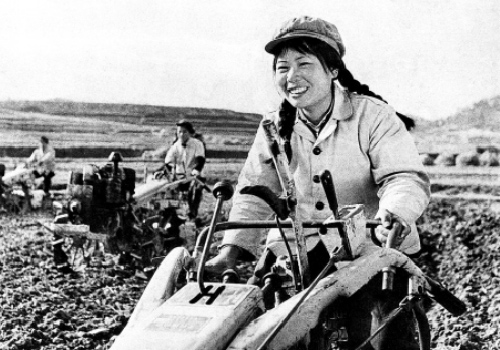
People call her Xiangtama, it means Xiangs mother. Xiang is her second son. Xiangtama is from the same village where I started as a Zhiqing (Educated Youth)during the time of Cultural Revolution (1966-1976). She is about 5 or 6 years younger than me. She was just a little girl when I was there. Her parents have only two daughters, she and her young sister.
The Double Ninth Festival Falls on 23rd, October
2012-10-23 | Cultures
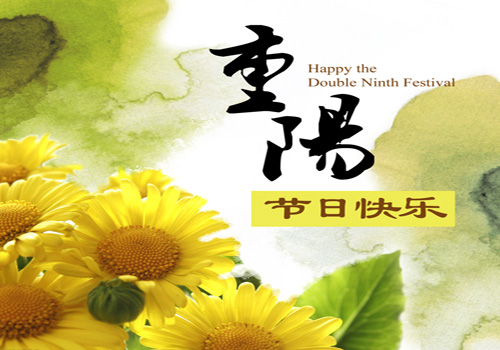
The ninth day of the ninth lunar month is known as the Chongyang Festival, or Double Ninth Festival. As the traditional festival in China, Chongyang Festival dates back to the Warring States (176-453B.C), and it was in the Tang Dynasty (618-907) that the day was set officially as a folk festival. In June, 2012, Chongyang Festival has been stipulated as Seniors Day, according to the Draft of Law of the People's Republic of China on the Protection of Seniors Rights and Interests.
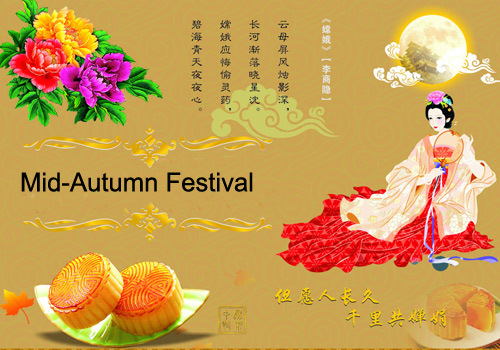
If you ask a Chinese student when 3 plus 7 will equal 8, he will most likely give you a funny answer with a sort of helpless expression: whenthe upcomingMid-Autumn Festival meets the National Day Golden Week. If you are interested, let me explain to you.
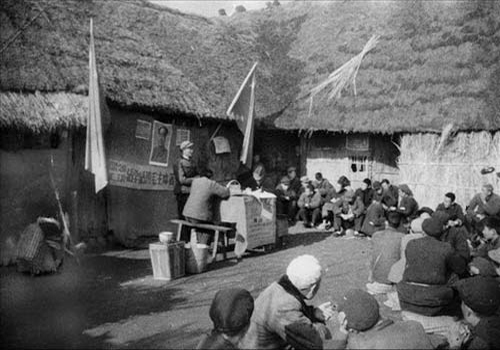
Normally we could enjoy a little bit of leisure after harvesting of the second crop of rice. But the winter of 1973 was busy, especially in our ZhiQing spot. Because a big group of high school graduates were sent to our commune. That day, we were happy to welcome ten more new ZhiQing to our spot. Yes life was boring here. We always hoped something new would happen to us. The old house seemed too small for us. So the Commune decided to build another one- a new ZhiQing spot to us. Of course, the commune had no money for that, everything was paid by the central government. For this campaign was considered as a very important part of the Culture Revolution, a strategy of anti-capitalism.
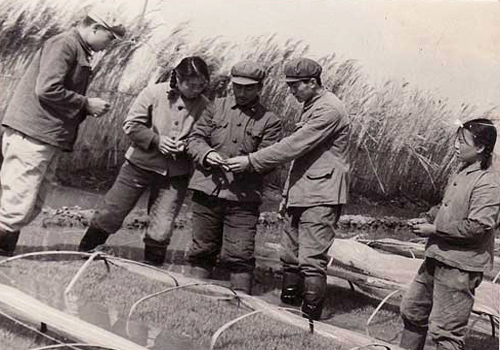
I started my independent life just overnight, the year I was 16. Before that I had never left my parents for a remote place. The first night when I slept on bed in the village, my ear was still with the sound of drums. It was from the farewell ceremony of school. It was a long way from school to the commune by truck, and from the commune to the village on foot. But there was a further way in front of me. The more I thought: is this the place will I stay for life time. I was awake almost for the whole night.
The bamboo trades up and down in Guilin
2012-07-31 | Cultures
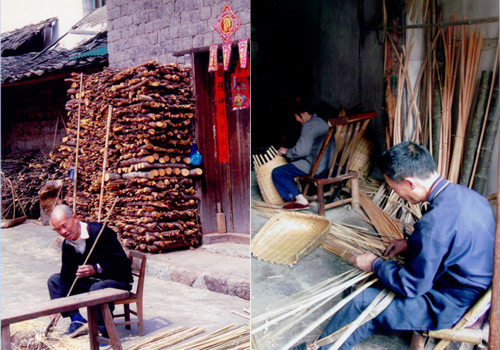
People in Guilin used a lot of bamboo products in old time. Housewife carried bamboo for shopping in the market everyday, children played bamboo toys in the street, like water gun, catapult and bow. Also most furniture was made of bamboo for the family. I still remember parents moved bamboo bed to the outside in hot summer night. How nice, we sleep on the cool bamboo bed to watch the sky and count stars. Even the pillow and mattress were made of bamboo. You know, summer is hot and long in Guilin, because its located in the subtropical region. People used bamboo furniture to make you cool off in summer.
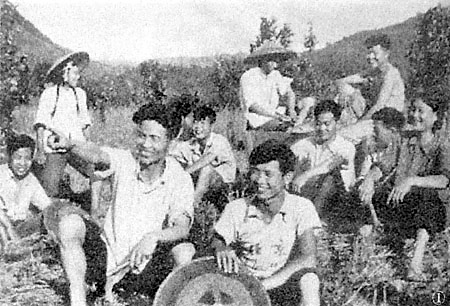
This campaign was the late part of culture revolution (1966-1976), it started from two year of 1969, the third year of culture revolution, red guards had done the mission what Chairman Mao wanted. But the situation was out of control, red guards were still immersed in the passion of struggle. They wanted to carry out one after another great mission. The other crises were many factories and schools were closed. Graduated students were accumulated from three years. So send them to the countryside to share farmers' food, to let farmers to watch them, was not an idealistic way. But it can solve the problem at the moment. Then Chairman Mao raised this campaign.
Bargaining in China
2012-04-27 | Cultures

Now, when I was in America I never got the chance to bargain, where I went I just paid whatever the price was, no questions asked, no second thought. But you see, all that changed when I came to china, it was no longer I paid what the sticker price was, or what other people said it was, it all came down to how well I could bargain, how much I wanted it, could I grit my teeth longer and be more intense and more into bargaining then the person selling it.




